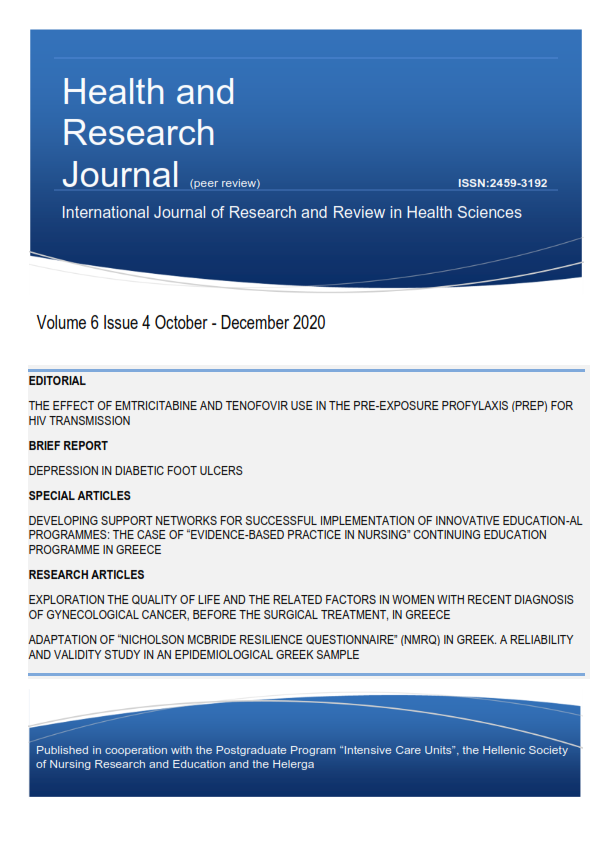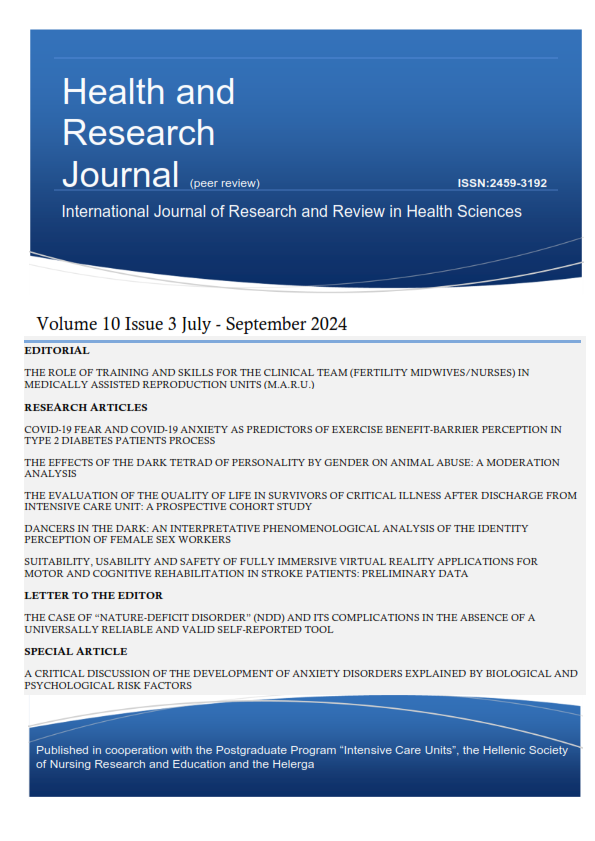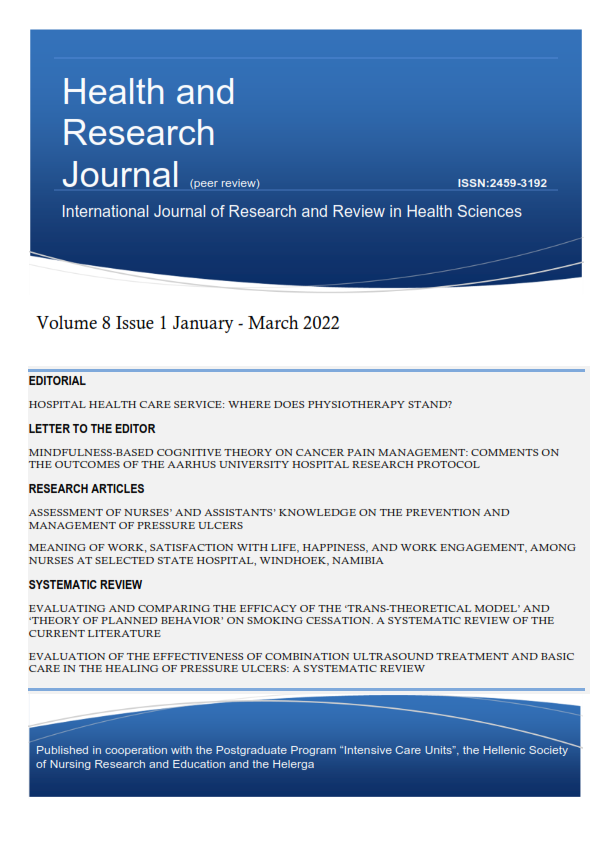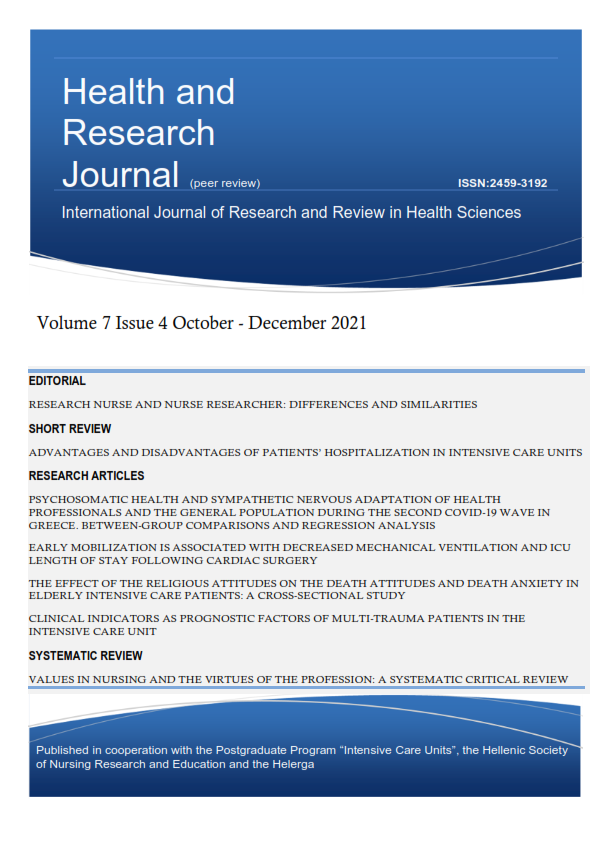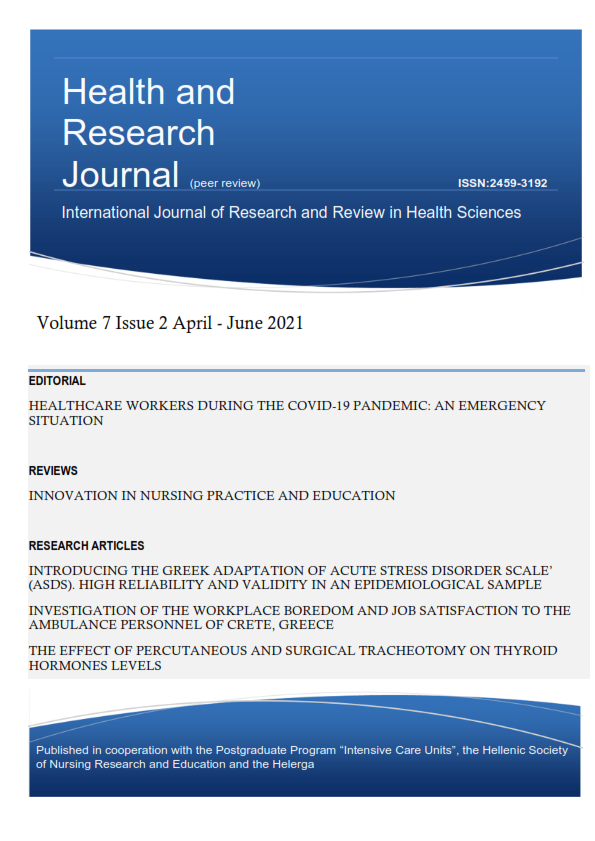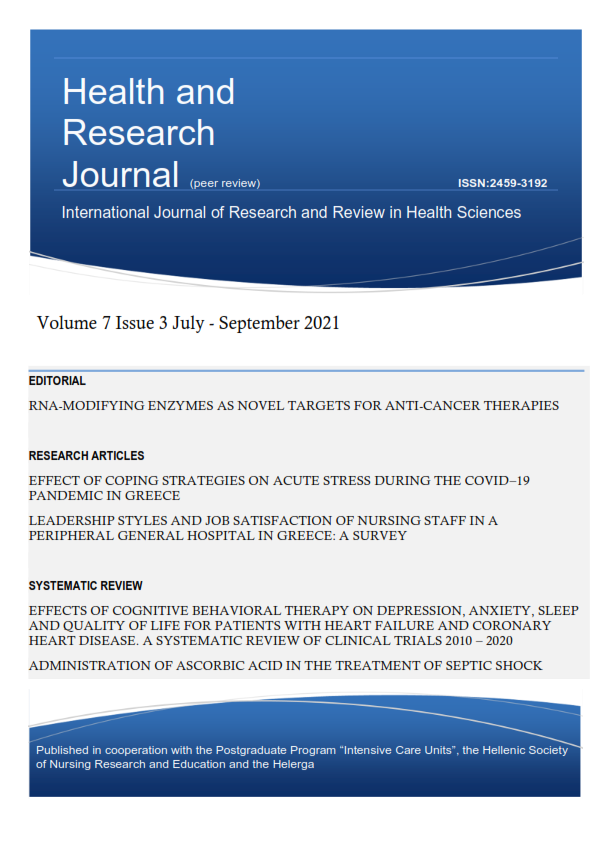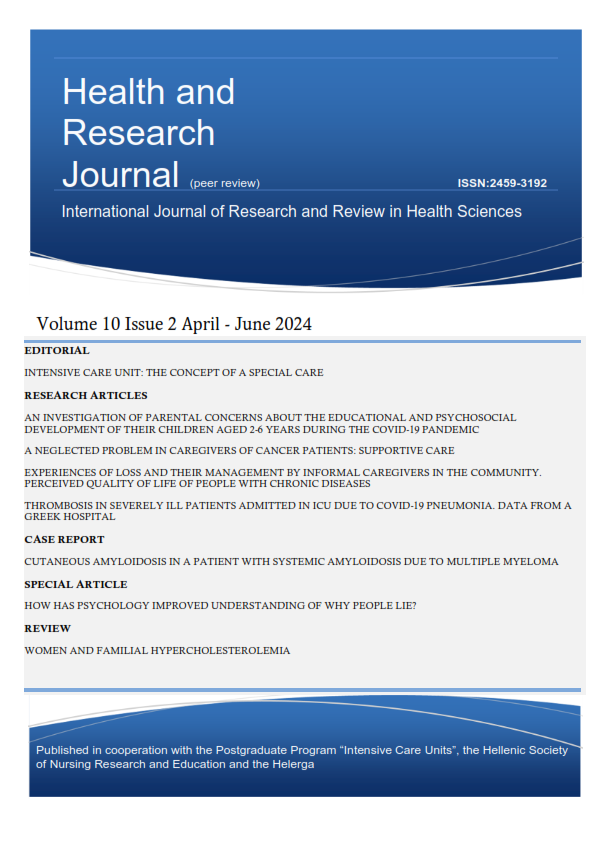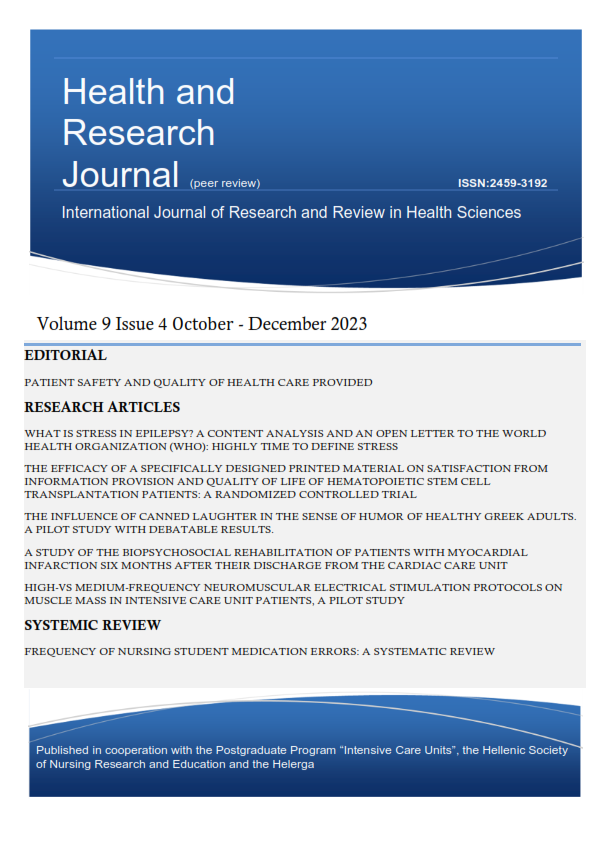Transformative Vengeance: Unveiling the Intricacies of Revenge as a Catalyst for Change within Family Dynamics
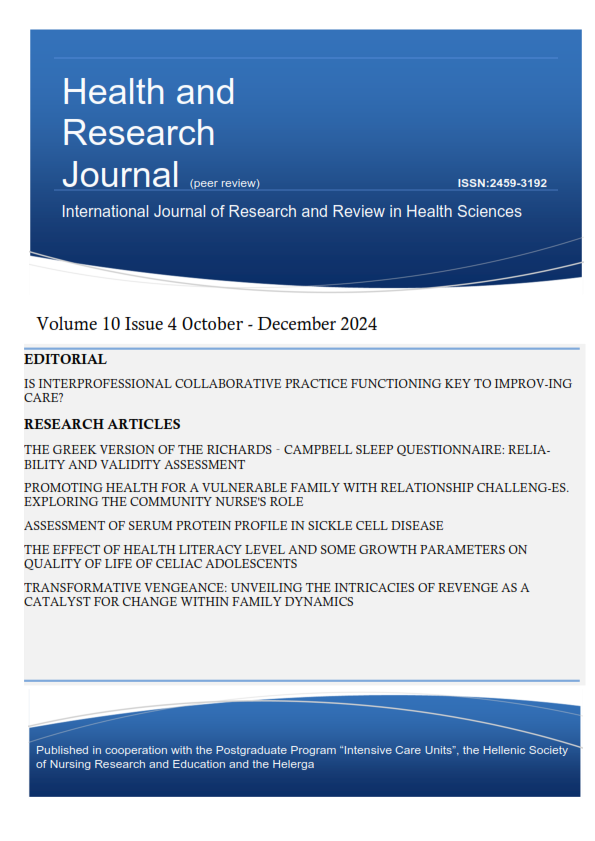
Abstract
Background: The present study is looking at how young adults comprehend and execute revenge against their parents. Despite convincing evidence that the combination of profound emotional attachment and high degrees of interdependence with competitiveness and power struggles almost invariably leads in an enhanced ability to harm and be harmed, the question of revenge has received little attention among family academics.
Aim: The goal of this study was to contribute to the growing body of research about how different groups perceive, execute, and experience vengeance.
Method and material: For this study, the transcript of 4 semi-structured video interviews was analysed using Interpretive Phenomenological Analysis (IPA). The IPA identified three superordinate themes (1) Revenge as a catalyst for change (2) From comparative suffering to mutual understanding (3) Towards a more adaptive homeostasis.
Result: The findings challenge traditional views of revenge as solely punitive, highlighting its strategic role as a mechanism for change inside family dynamics. The study also emphasizes the interplay between emotion and cognition in revenge decisions. Several motivations were identified, assert autonomy, competence, and improve emotional connections within the family. The findings also suggest that revenge seeks to establish communication through comparative suffering.
Conclusion: In summary, this study finds revenge to be a multifaceted emotional response, capable of serving as a strategic tool for instigating positive change. The findings provide new insights into revenge, demonstrating its potential as a catalyst for transformation within family dynamics.
Article Details
- How to Cite
-
Kefala, C., Iliopoulou, T., Pilafas, G., & Louka, P. (2024). Transformative Vengeance: Unveiling the Intricacies of Revenge as a Catalyst for Change within Family Dynamics. Health & Research Journal, 10(4), 265–275. https://doi.org/10.12681/healthresj.34961
- Section
- Original Articles
Copyright notice:
Authors retain copyright of their work and grant the Health and Research Journal the right of first publication.
License:
Articles are published under the Creative Commons Attribution 4.0 International License (CC BY 4.0). This license permits use, sharing, adaptation, distribution, and reproduction in any medium or format, including for commercial purposes, provided that appropriate credit is given to the author(s) and the original publication in this journal, a link to the license is provided, and any changes are indicated.
Attribution requirement:
Any reuse must include the article citation and DOI (where available), and indicate if changes were made.



